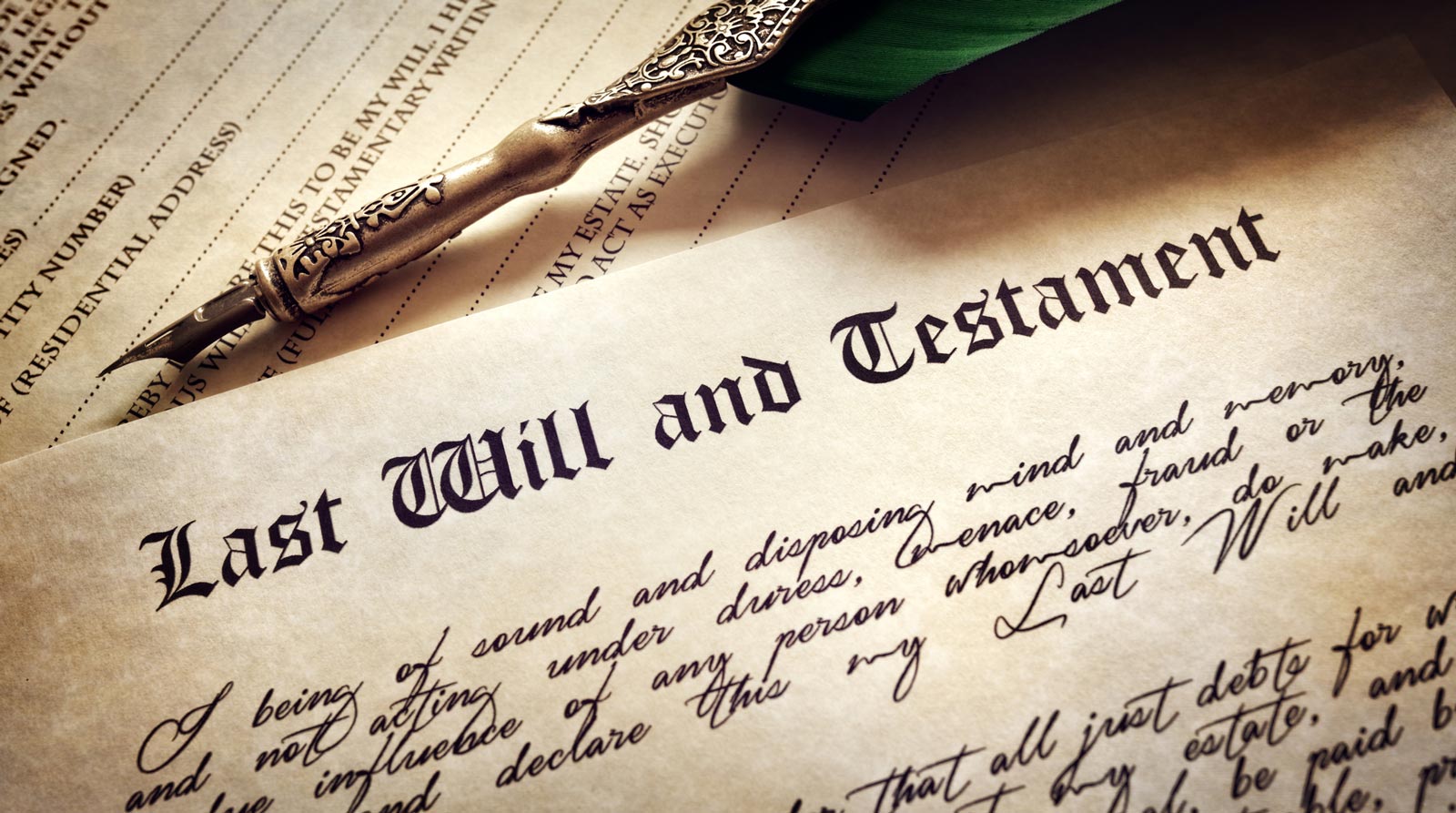If you’re at a stage in your life where you feel you need to write up your Will, then here’s everything you might need to know about completing one.
What is a Will?
A Will is a person’s last will and testament; a legal document that outlines their wishes for the distribution of their assets after their death.
It is a written statement of how that person wants their property and assets to be distributed and who should manage the process of distributing them.
A Will typically includes information such as:
- the names of the beneficiaries who will receive the assets,
- the specific assets that will be distributed, and
- the person or organization responsible for managing the distribution of the assets (known as the executor).
Why is a Will important?
A Will is important for anyone who wants to ensure that their assets are distributed according to their wishes after their death.
This includes individuals with children, that own property, have significant financial assets, or want to leave specific items to certain people.
If there is no Will, the distribution of assets after a death will be determined by the laws of the state in which they live, and these may not align with their wishes.
The most obvious example is, in most states, if you die without a Will and you are married, your spouse will most likely inherit your assets.
In Victoria, Australia, if you die without a Will, the distribution of your assets will be determined by the laws of intestacy under the Administration and Probate Act 1958.
The laws of intestacy in Victoria generally provide that:
- If you are survived by a spouse or domestic partner and no children, your spouse or domestic partner will inherit your entire estate.
- If you are survived by a spouse or domestic partner and children, and the children are also children of your surviving spouse or domestic partner, your spouse or domestic partner will inherit your entire estate.
- If you are survived by a spouse or domestic partner and children, and the children are not the children of your spouse or domestic partner, then your spouse will receive the personal effects, plus a statutory legacy (a set amount) and half of your estate, and the children will receive the other half of the estate equally.
- If you are not survived by a spouse or domestic partner, but have children, your estate will be divided equally among your children.
- If you are not survived by a spouse or domestic partner or children, but are survived by parents, your estate will be divided equally between your parents.
- If you are not survived by a spouse or domestic partner, children, or parents, your estate will be divided equally among your brothers and sisters or their children if your siblings have predeceased you.
Creating a Will can ensure that your assets are distributed according to your wishes and provide peace of mind for both you and your loved ones.

What does a Will include?
The following are items typically included in a will:
1) Beneficiaries: The names of the individuals or organizations that you want to receive your assets, such as family members, friends, or charities.
2) Executor: The person or organization responsible for managing the distribution of your assets after your death.
3) Guardianship: If you have minor children, you can use your will to name a guardian to take care of them in the event of your death.
4) Specific bequests: Any specific gifts or bequests you want to leave to particular individuals or organizations, such as specific items of personal property.
5) Residuary estate: The distribution of the remainder of your estate after any specific gifts or bequests have been made.
6) Funeral arrangements: Your wishes for your funeral or other end-of-life arrangements.
7) Digital assets: Your wishes for the management and distribution of any digital assets, such as social media accounts or cryptocurrencies.
8) Trusts: If you want to establish trusts for the benefit of your beneficiaries or for charitable purposes, you can include instructions for the establishment and administration of those trusts.
Specific items may vary depending on individual circumstances and preferences. If you work with a qualified wills & estates planning lawyer to create a Will it can help ensure that your it is comprehensive and addresses all of your wishes.
How do I create a Will?
The best way to create a Will is to work with a qualified wills & estates planning lawyer who specializes in Wills & Estate planning. An experienced solicitor can guide you through the process, ensure that your Will is legally valid, and help you make important decisions about how to distribute your assets.
Here are some steps you can take to prepare for creating a Will:
Gather information: Make a list of your assets, debts, and other important information that will be necessary to include.
Choose an Executor: Select a trusted individual or institution to serve as the executor of your Will.
Choose Beneficiaries: Decide who you want to leave your assets to and in what proportions.
Don’t forget to review and update your Will regularly to ensure that it accurately reflects your wishes and that is up to date with any changes in your circumstances.
There are do-it-yourself options for creating a Will, however, these options may not always meet your specific needs and may not be legally valid in all jurisdictions. We’d strongly recommended that you consult with a solicitor to ensure that your will is properly executed and legally valid.

A Will is important to ensure your assets are distributed according to your wishes, but more importantly secures your assets for your selected beneficiaries and ensures they’re protected during a difficult time.
You can make a Will yourself, but the most secure option is to select an experienced Wills & Estate Planning lawyer that can help you organise a Will so your assets, Beneficiaries and funeral arrangements can be seen out according to your wishes.
If you would like help organising a Will please get in touch with our Wills & Estates Planning lawyers.
What is a Will?
A Will is a legal document that distributes a person’s assets after their death.
Why is a Will important?
A Will is important for anyone who wants to ensure that their assets are distributed according to their wishes after their death.
This includes individuals with children, that own property, have significant financial assets, or want to leave specific items to certain people.
If there is no Will, the distribution of assets after a death will be determined by the laws of the state in which they live, and these may not align with their wishes.
What does a Will include?
The following are items typically included in a will:
1) Beneficiaries: The names of the individuals or organizations that you want to receive your assets, such as family members, friends, or charities.
2) Executor: The person or organization responsible for managing the distribution of your assets after your death.
3) Guardianship: If you have minor children, you can use your will to name a guardian to take care of them in the event of your death.
4) Specific bequests: Any specific gifts or bequests you want to leave to particular individuals or organizations, such as specific items of personal property.
5) Residuary estate: The distribution of the remainder of your estate after any specific gifts or bequests have been made.
6) Funeral arrangements: Your wishes for your funeral or other end-of-life arrangements.
7) Digital assets: Your wishes for the management and distribution of any digital assets, such as social media accounts or cryptocurrencies.
8) Trusts: If you want to establish trusts for the benefit of your beneficiaries or for charitable purposes, you can include instructions for the establishment and administration of those trusts.
How do I create a Will?
The most secure option is to select an experienced Wills & Estate Planning lawyer that can help you organise a Will so your assets, Beneficiaries and funeral arrangements can be seen out according to your wishes.









